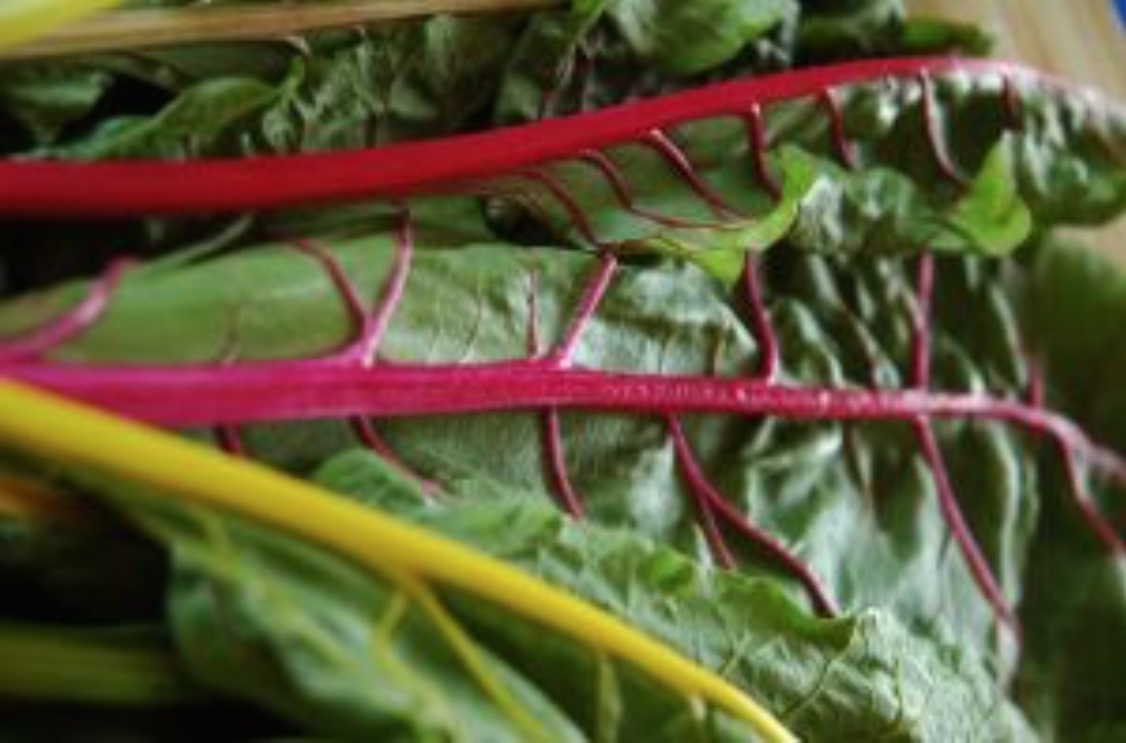Though usually seen as a festive side dish, brussel sprouts are in fact a ‘super veg’, bursting with an amazing variety of beneficial nutrients. It is these nutrients that promote it's wonderful health benefits.
Brussel sprouts belong to the group of vegetables known as the brassica family, which includes broccoli, cauliflower and cabbage. These vegetables share many special properties; however it is thought that the brussel has certain antioxidant nutrients that are unlikely to be found in any other food.
Many studies have been conducted in to the brussel sprout’s anti cancer properties. Chronic inflammation, low antioxidant status and poor liver detoxification may all play a role in the development of cancer. However, it is thought that the antioxidant, anti-inflammatory and detox promoting nutrients packed in to the brussel sprout, contribute to its anti cancer mechanisms.
Avoid overcooking brussels to retain their nutrient status and taste. Cut into four and let them sit for a few minutes before steaming, for optimal health benefits.
Try roasting your brussels with pecans and garlic, tossing them lightly steamed in to a salad, with onion, feta and walnuts or simply steam, dress with olive oil and season.
My weekly ‘Nutritional Nugget’ written for Fields to Fork Organics
If you are interested in reading more ‘Nutritional Nuggets’, top tips and the latest nutrition news, sign up to my monthly newsletter at www.marcellerosenutrition.co.uk



![Korean_stew-Kimchi_jjigae-05[1].jpg](https://images.squarespace-cdn.com/content/v1/55098f75e4b0f777ebd302da/1446720532416-0GEJCN86Z8EDGKQBJDZD/Korean_stew-Kimchi_jjigae-05%5B1%5D.jpg)







